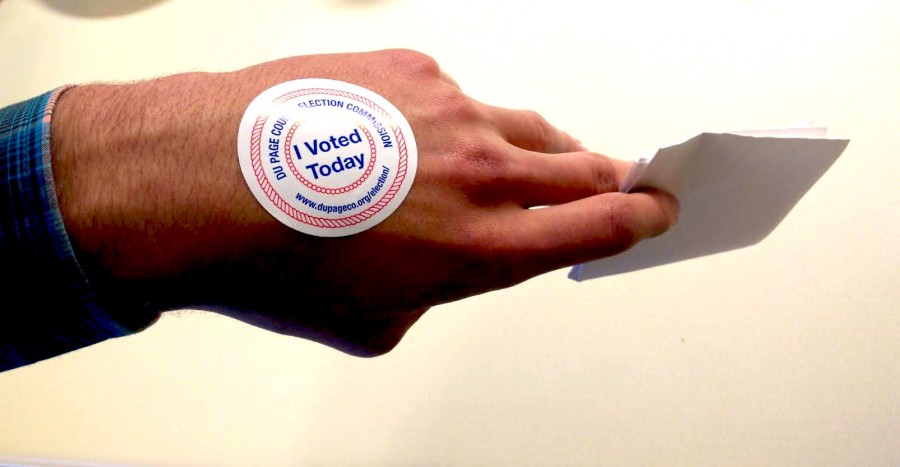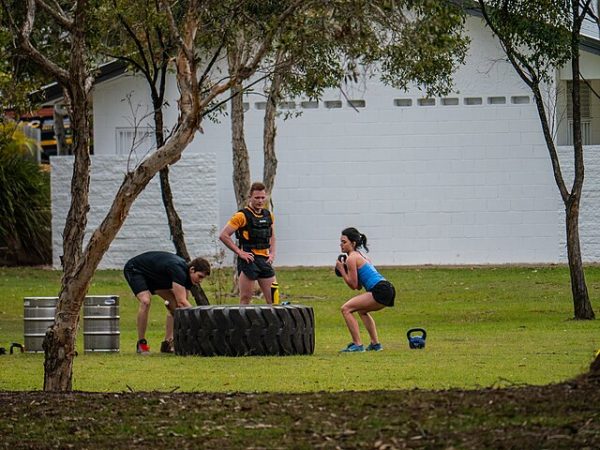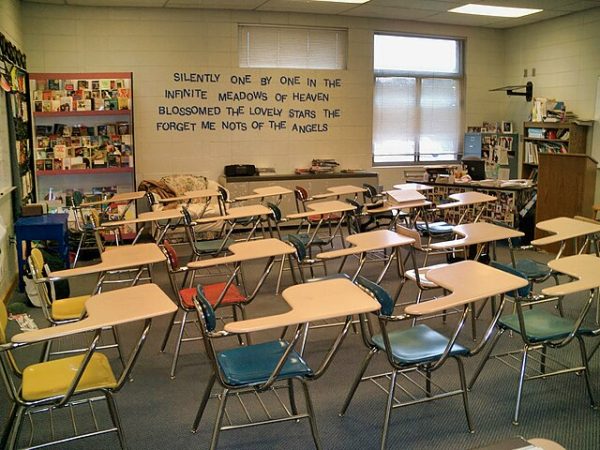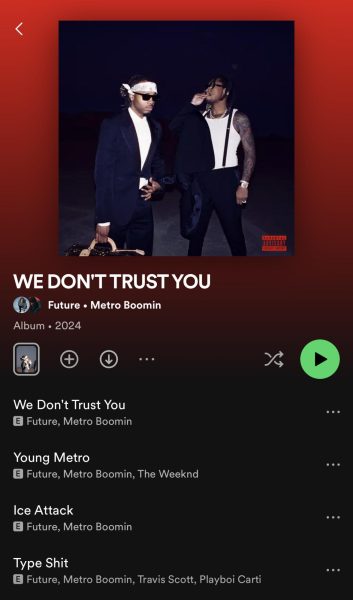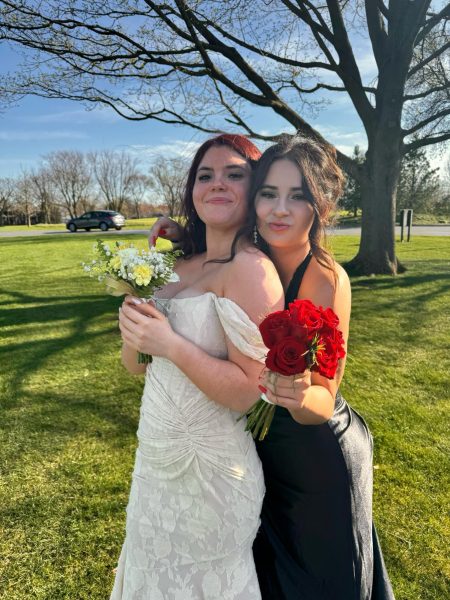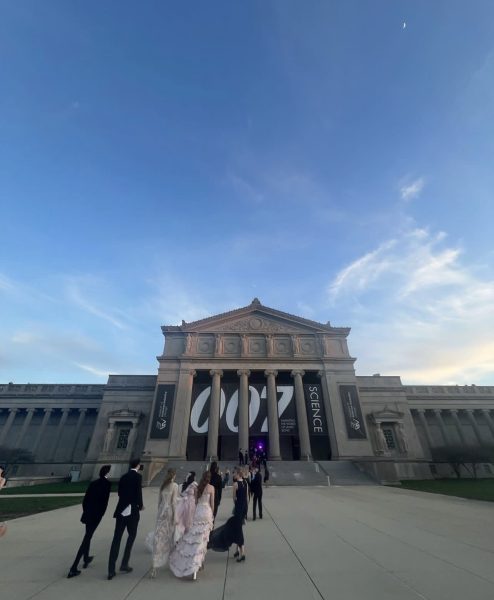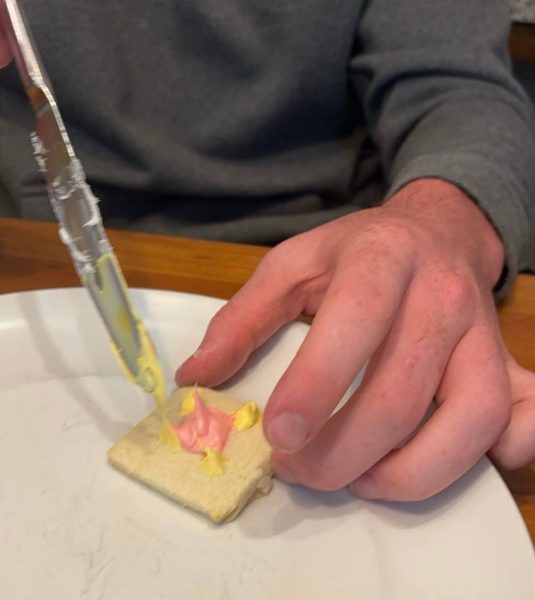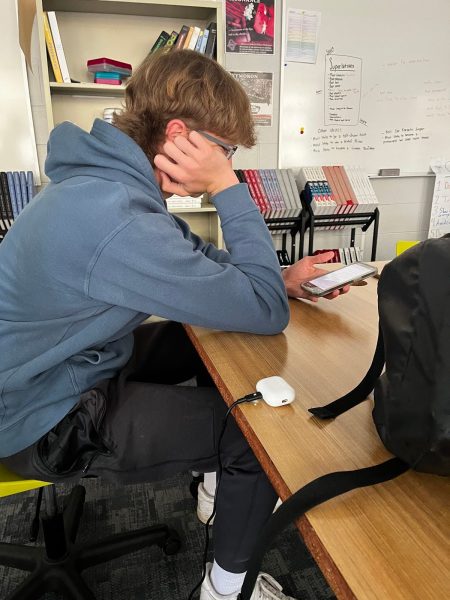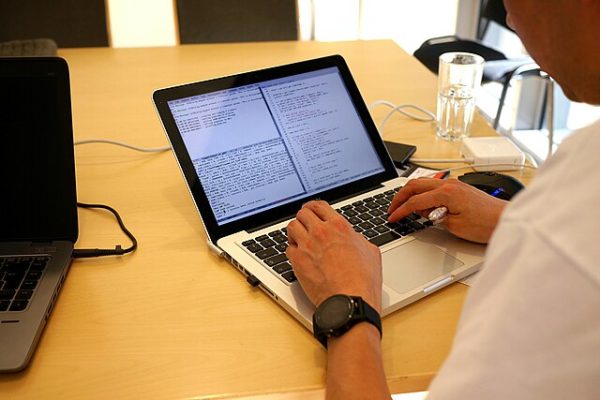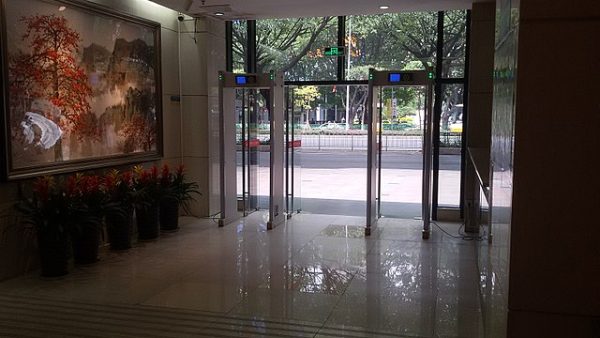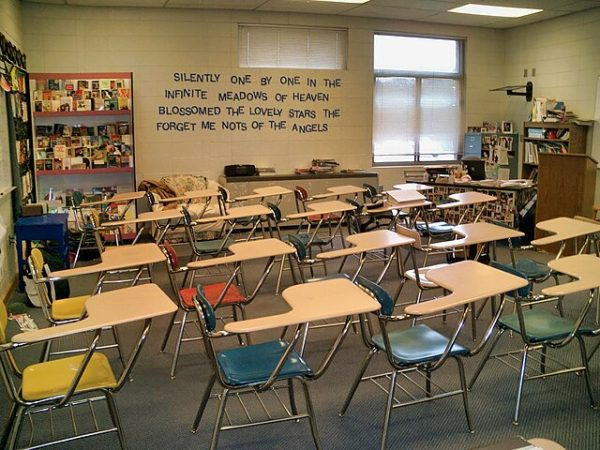Voting not to vote: why don’t we care?
Voters received a “I voted” sticker when leaving the polls on Nov. 4. Many chose to wear it proudly.
Midterm elections as well as the elections for governor in Illinois were held on Nov. 4. Almost all of us know this mostly due to the massive amounts of trash-talking advertisements and non-stop phone calls that have plagued us for the past few weeks. That’s all I have known. These men are running for governor, they hate each other, and they have my phone number.
What I didn’t know is why it matters; other than a lack of the Luna jingle or Bob Rhorman in the commercial breaks of WGN, I didn’t know the senate may be thrown to the Republicans, making it harder for President Obama to pass legislation. I didn’t know surveys on government supported abortion and minimum wage were being evaluated at the ballot box. I didn’t know that these elections decide the nation’s final opinion of the current government’s foreign policy and economic action. Why don’t I know these things? Why don’t I care?
Young people from ages 18-29 have never been the majority of voters. On average, around one third of the population in that age range votes compared to a two thirds average of higher age voters. Harvard University Institute of Politics believes it is due to declining faith in the government “…Trust in the presidency, the military, and Supreme Court among Americans between 18 and 29 had dropped four to seven points each,” said John Dela Volpe, director of the poll. The lack of support in the government creates a lack of caring and therefore a lack of votes. Experts also agree another factor drives down our desire to care: self-empowerment. This begs the question: do community organizations make us less active participants in our greater democratic government?
The idea is constantly hammered into our heads, whether it be a recycling campaign or hammering in the last nail of a house for the homeless. Does the idea that one person (you), can make a difference in our world? Does it make someone tune out the bigger issues surrounding him or her? Experts say it does.
Volpe and the poll concluded young voters feel that they can and do make more of a difference through service work directly in their community, instead a ballot for a bigger system. He said it is, ”easier, more tangible to teach someone how to read, teach someone a math problem…than to deal with issues related to poverty.”
As government controversies continue, issues such as relations with ISIS as well as Ukraine seem to be more and more out of control to the average young person, making him or her less and less likely to vote. The percentage of millennials likely to vote in the most recent elections continued to drop from 34 percent in April to now. At an institution that continuously teaches us that we can make a difference as individuals, I feel the message that every small vote counts, and big issues need big masses to solve, is lost on us.



